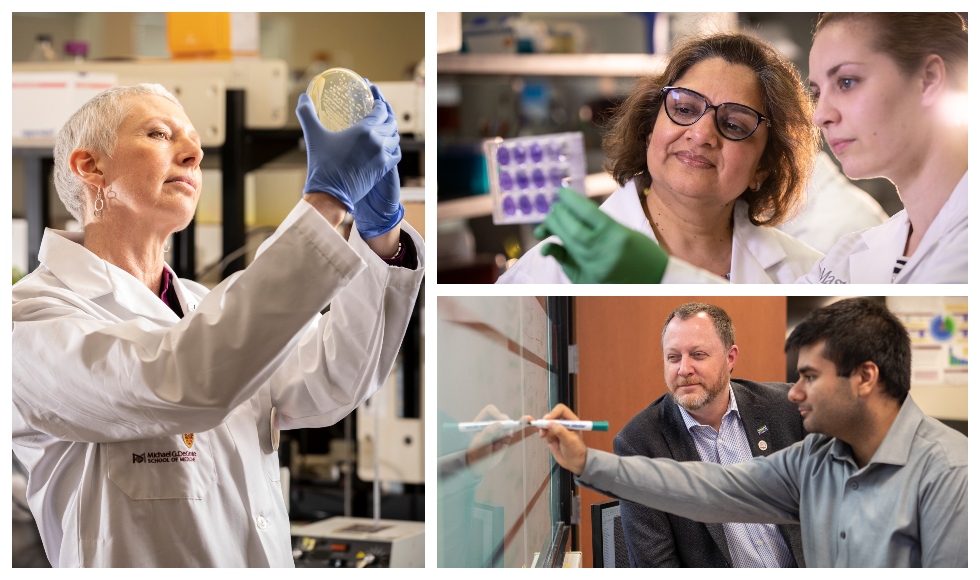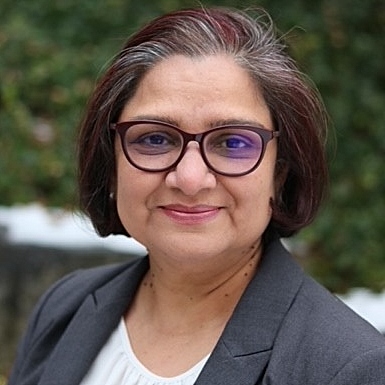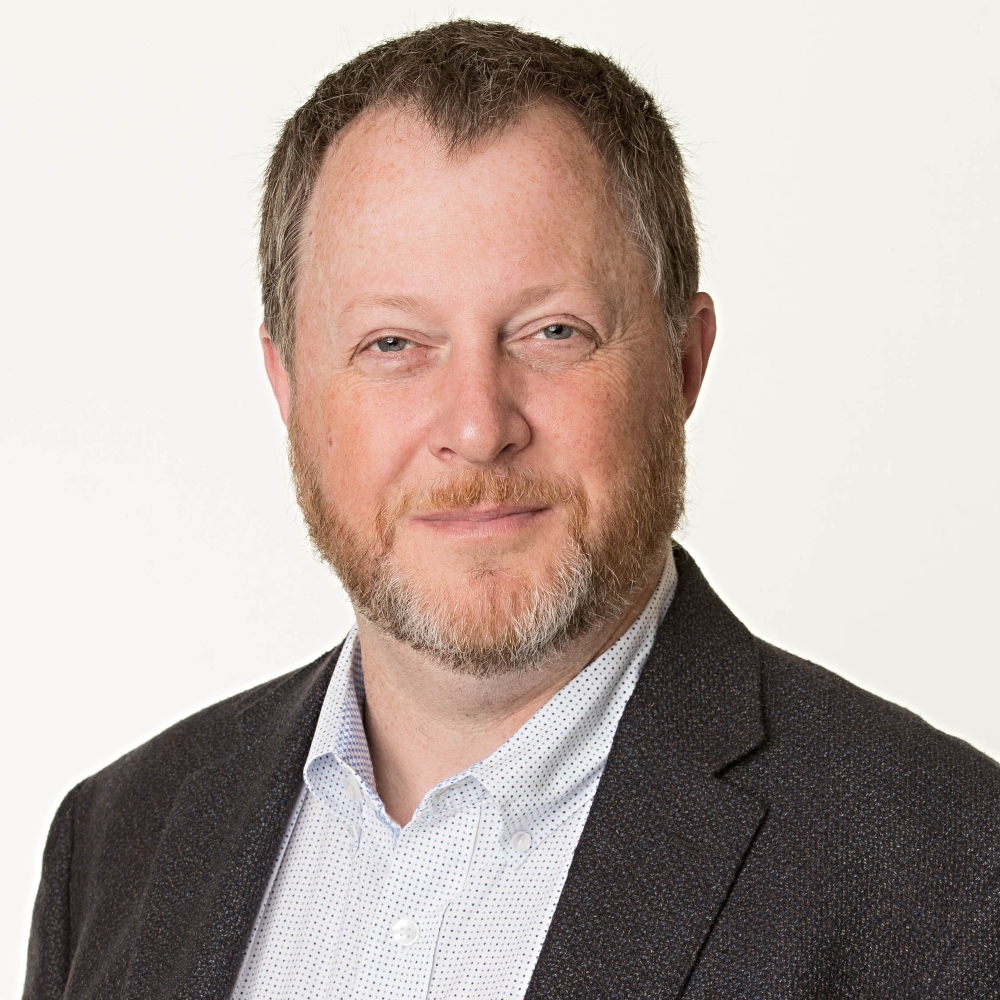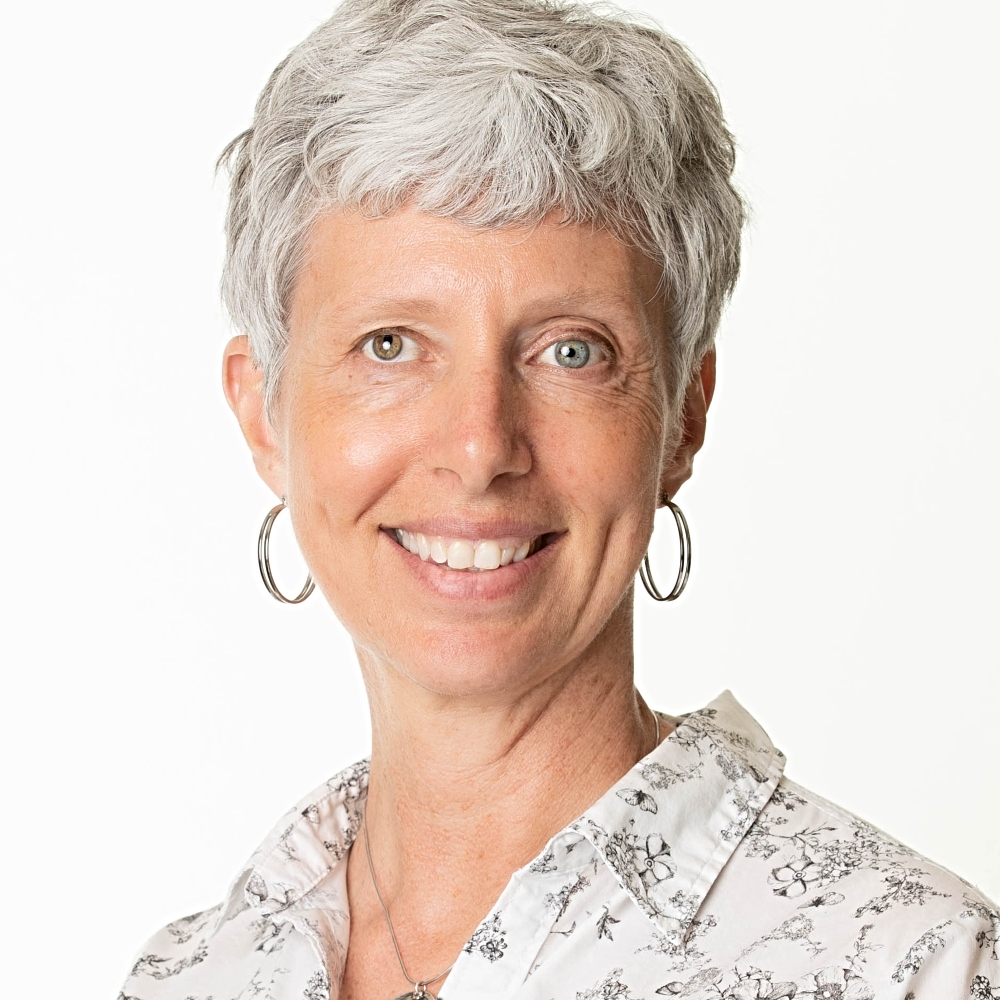McMaster experts helping support federal, provincial COVID–19 response

From assisting the Public Health Agency of Canada better understand the spread of COVID variants of concern to making recommendations to inform Ontario’s vaccine rollout, McMaster researchers are lending their expertise to federal and provincial decision makers.
BY Erica Balch
March 8, 2021
When we think about the work of infectious disease researchers, we usually picture them in labs working against the clock in the fight against COVID– 19, developing life-saving next-generation vaccines, or making critical advances in personal protective equipment (PPE) to protect frontline health care workers.
Our McMaster researchers are doing all that. And they’re also playing another vitally important role: making sure their research gets into the hands of decision-makers so it can be used for the public good.
Every day, McMaster researchers sit on provincial and federal boards, providing the world leading expertise and evidence governments and health officials need to support the country’s COVID–19 response and safeguard Canadians’ health.
These researchers are part of Canada’s Global Nexus for Pandemics and Biological Threats, an international research network based at McMaster focused on beating COVID-19 and preparing for future health threats.
From assisting the Public Health Agency of Canada better understand the spread of COVID variants of concern to making recommendations to help inform Ontario’s vaccine rollout, learn more about some of the many ways McMaster experts are leading the way locally, provincially and nationally:
Charu Kaushic
Scientific director of the Canadian Institutes of Health Research (CIHR)-Institute of Infection and Immunity and Department of Medicine professor
Research expertise: Kaushic has done extensive teaching and training in immunology and built an interdisciplinary research program in women’s reproductive health, specifically basic, clinical and translational research examining susceptibility and immune responses to sexually transmitted viruses, HIV-1 and HSV-2.
Advisory role: Kaushic is an executive committee member of the COVID-19 Immunity Task Force (CITF), a national body charged with leading a Canada-wide effort to determine the extent of COVID–19 infection and understand the nature of immunity related to COVID-19. The taskforce is also working closely with a range of partners on vaccine surveillance to monitor the safe and effective roll-out of COVID– 19 vaccines across Canada.
Kaushic leads the Immune Sciences Working Party of the CITF, which is focused on advancing understanding of vaccine-induced and infection-acquired immunity to SARS-CoV-2. The Task force supports the implementation of relevant research projects and seeks to provide useful information to federal, provincial and territorial decision-makers.
Andrew McArthur
Associate professor in the Michael G. DeGroote Institute for Infectious Disease Research, David Braley Centre for Antibiotic Discovery, and Department of Biochemistry & Biomedical Sciences
Research expertise: McArthur’s research program includes developing informatics approaches to the genomic surveillance of microbial drug resistance, development of biological databases, and next generation sequencing for genome assembly and molecular epidemiology.
Advisory roles: McArthur co-leads the genomic surveillance of SARS-CoV-2 variants in Ontario under the Canadian COVID-19 Genomics Network (CanCOGeN) umbrella. This involves both direct sampling and analysis of SARS-CoV-2 genomes from patient swabs throughout Ontario, and also scientific leadership regionally and nationally for understanding variants of concern or interest.
Nationally, he sits on the Public Health Agency of Canada’s (PHAC) CanCOGeN SARS-CoV-2 Viral Genome Sequencing Working Group and Viral Analytics Working Group. Provincially, he is part of the Steering Committee, Ontario Coronavirus Genomics Coalition (ONCoV), and is the Reporting & Scientific Advisor on Variants of Concern or Interest for Public Health Ontario.
As a data scientist and software engineer, he leads a team developing core software used by PHAC for analysis of SARS-CoV-2 sequencing results and maintains the official “nextstrain” resources for SARS-CoV-2 variant tracking for Ontario and Canada.
Dr. David Price
Professor and chair of the Department of Family Medicine
Research expertise: Price’s research focusses on finding ways to ensure patients have access to primary care providers and can seamlessly navigate the broader health care system.
Advisory roles: Price serves as chair of Ontario’s Primary Care Advisory Table, a central venue to support primary care providers during the COVID-19 pandemic. Appointed by the Minister of Health and Long-term Care, members provide advice on PPE, access to primary care professionals, vaccine rollout, caring for patients at home with COVID–19, and infection prevention and control among other issues. It also helps to fine tune communications from the government and the Ontario Health Agency to ensure they make sense for primary health providers.
As well, Price also sits on the province’s Health Coordination Table, formerly known as the Command Table, and recently sat on the Prioritization Subcommittee, which made recommendations on the order in which Ontario’s population should be vaccinated.
Dr. Deborah Cook
Canada Research Chair in Knowledge Translation in Critical Care, professor of medicine, and health research methods, evidence, and impact
Research expertise: Cook’s research improves the treatment of patients who are fighting critical illnesses in hospitals or facing end-of-life situations in the intensive care unit (ICU). Her multidisciplinary research addresses life support technology, the risk factors for critical illness,  preventing ICU-acquired complications and research ethics. Her health services research has helped to translate knowledge into practice to prevent morbidity and mortality during critical illness.
preventing ICU-acquired complications and research ethics. Her health services research has helped to translate knowledge into practice to prevent morbidity and mortality during critical illness.
Advisory role: A recipient of the Order of Canada, Cook was appointed by the Office of the Chief Science Advisor of Canada to serve the Prime Minister’s Office during the pandemic. Her guidance has involved information on the conduct and coordination of national and international clinical trials about COVID-19 and ensuring results of pandemic research are used as soon as possible to improve the health of Canadians.
Jonathan Dushoff
Professor of biology
Research expertise: Dushoff uses dynamical and statistical approaches to study the spread of infectious diseases, including rabies, HIV, influenza and COVID-19.
Advisory role: Dushoff is part of the Chief Science Advisor’s Expert Group on Modelling Approaches, a small group that includes Canada’s Chief Science Advisor, Mona Nemer, and the Deputy Minister of Health Canada. The goal is to provide advice and feedback to the CSA as background for interactions with the Prime Minister and other members of government.
Dushoff also sits on PHAC’s External Modelling Experts Group which meets weekly. This group keeps PHAC informed on COVID –19 modelling work going on around the country.
David Earn
Professor of mathematics and statistics, applied mathematician
Research expertise: Earn develops and analyzes mathematical models of biological systems primarily for applications in epidemiology, ecology and animal behaviour.
Advisory roles: Earn serves with Dushoff on the Chief Science Advisor’s Expert Group on Modelling Approaches and on PHAC’s External Modelling Experts Group. Earn and Dushoff’s research group provides weekly analyses and forecasts to PHAC, which are then used in reports and public presentations by Theresa Tam, Canada’s Chief Medical Officer of Health.
Additionally, Earn is a member of Ontario’s Modelling Consensus Table (MCT) which provides analyses to the province’s Science Table to inform policy-makers and the Ontario government. Earn, Dushoff and Ben Bolker – a professor in the departments of mathematics & statistics and of biology – along with their trainees, contribute to the forecasts presented at the table.
Lori Burrows
Acting director, Michael G. DeGroote Institute for Infectious Disease Research and biochemistry and biomedical sciences professor
Research expertise: Burrows studies bacterial appendages called type-IV pili (T4P), which enable locomotion and other functions for bacteria. Burrows focuses on T4P’s role in the formation of biofilms, or communities of bacteria that grow in such a way that enables resistance to disinfectants and antibiotics, making the infections they cause difficult to treat. This research has implications for superbugs and antimicrobial resistance.
of bacteria that grow in such a way that enables resistance to disinfectants and antibiotics, making the infections they cause difficult to treat. This research has implications for superbugs and antimicrobial resistance.
Advisory role: Burrows leads the Models for Antibiotic Access in Canada (MAAC) working group, which is made up of McMaster clinicians, hospital pharmacists, health economists, basic scientists, and includes an industry advisory group, and officials from Public Health Ontario. The goal is to understand the barriers that prevent timely access to new antibiotics in Canada, and to develop recommendations for ways to overcome those barriers to ensure that patient care is not impacted by delays.


